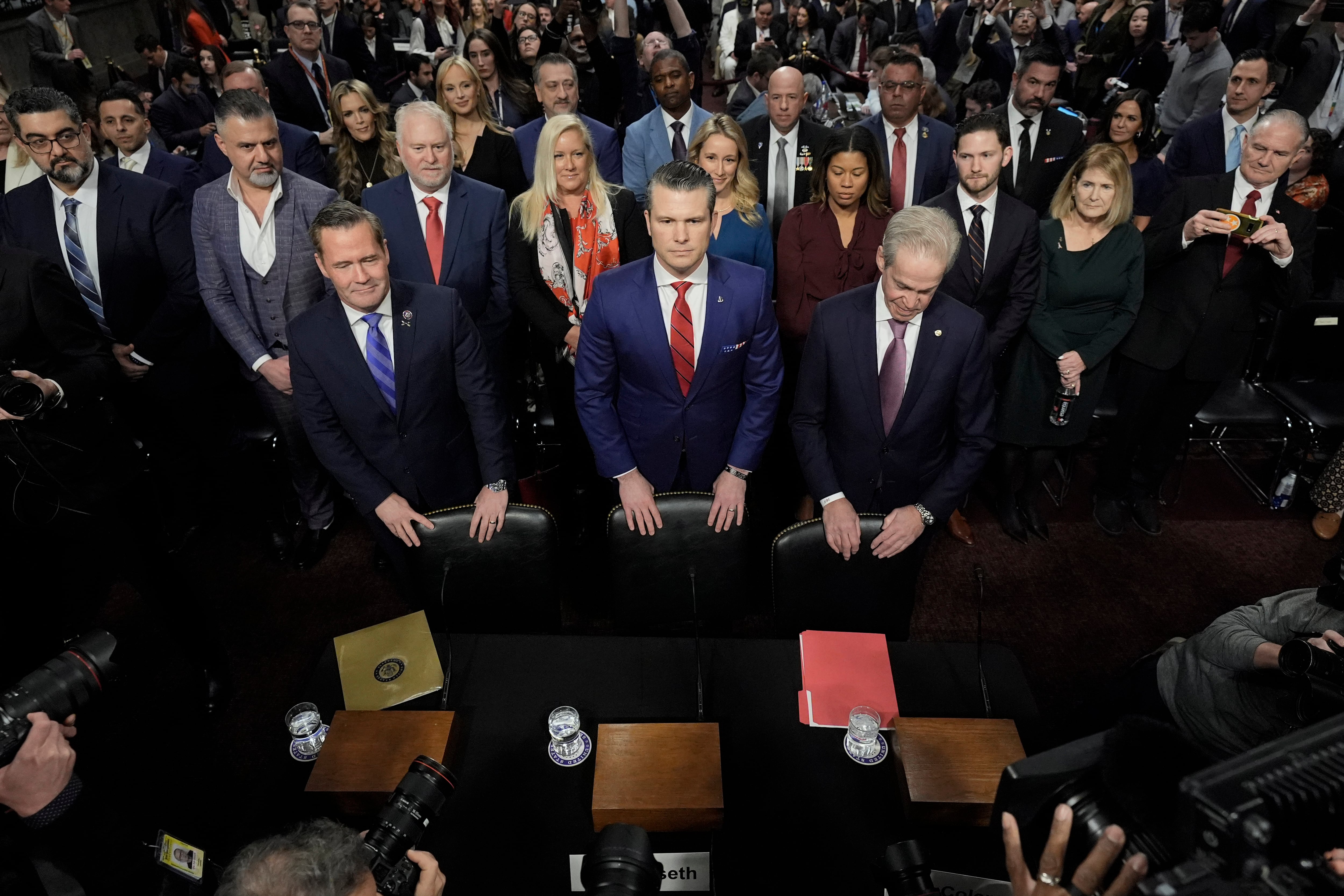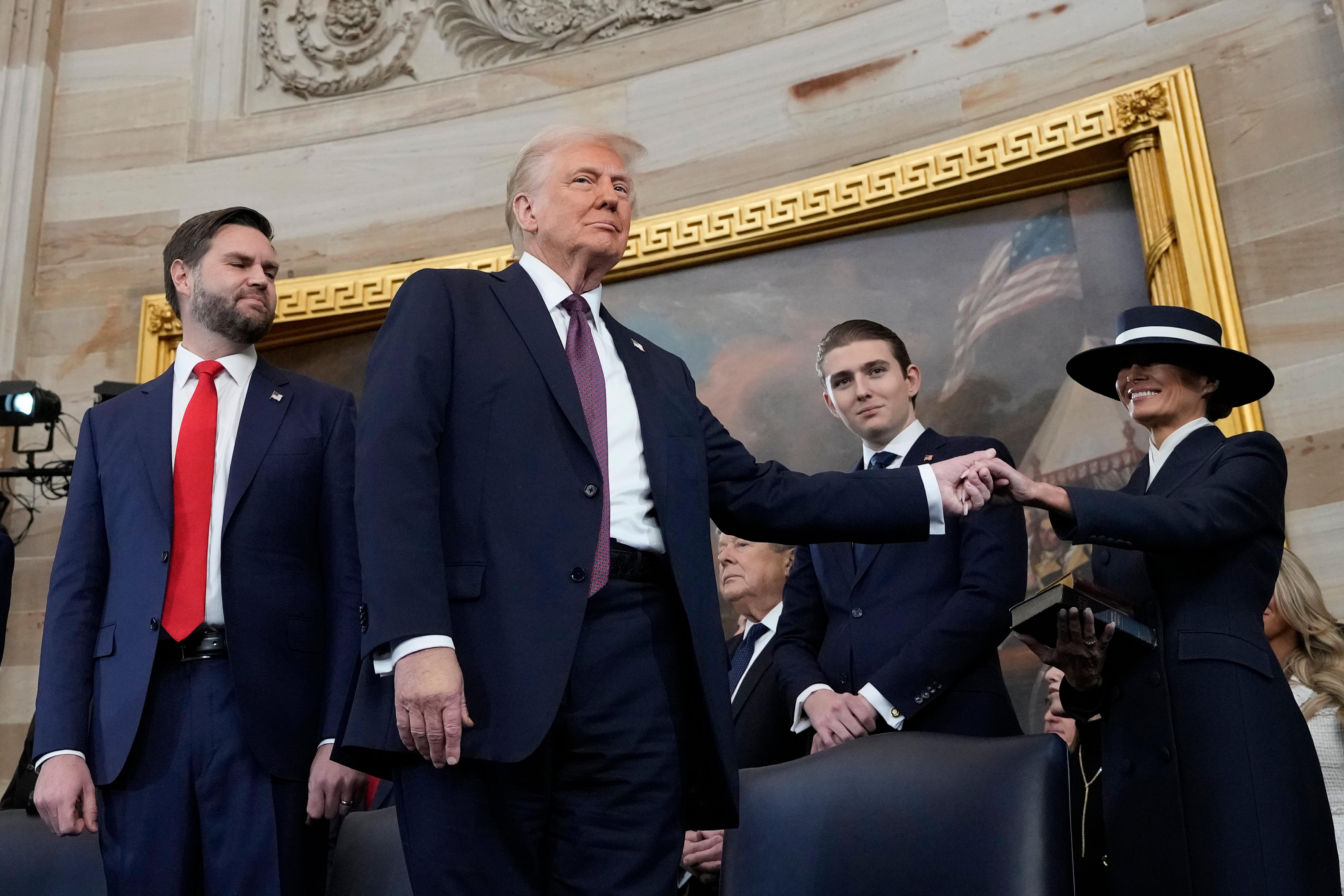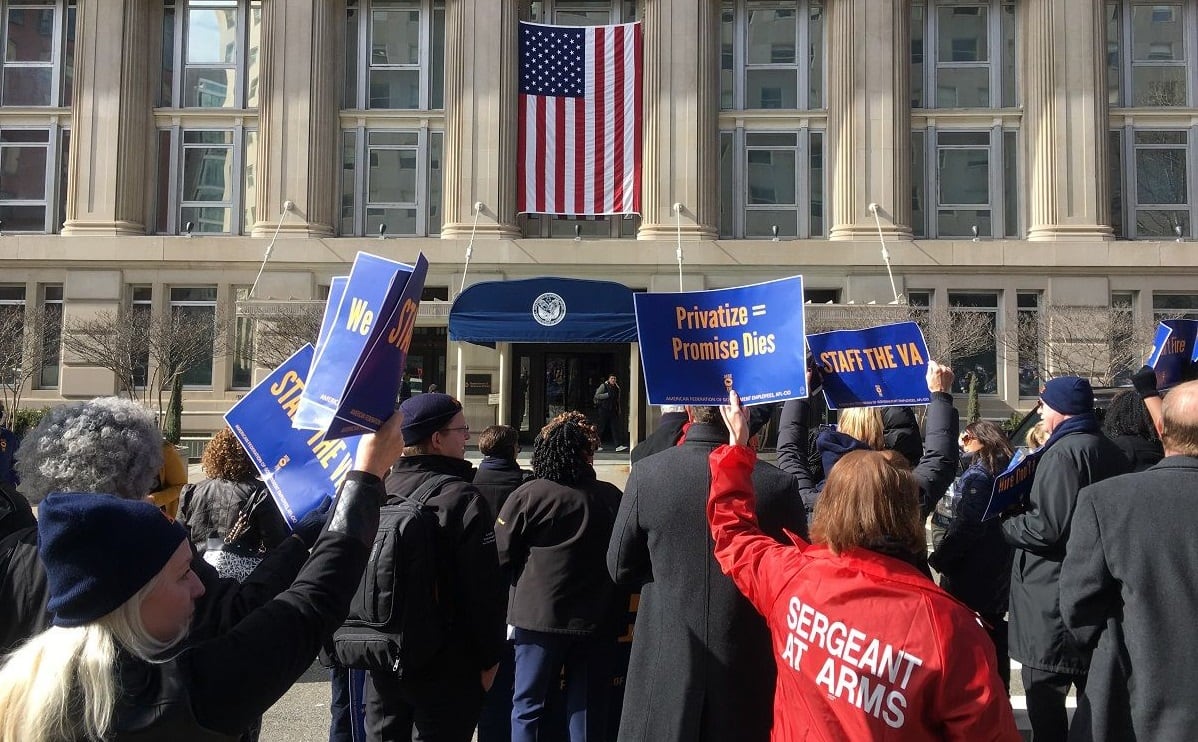Outside experts said they have serious concerns about military influence creeping into civilian control of the Defense Department and the long-term constitutional problems that it could cause.
But they aren't worried about retired Marine Corps Gen. James Mattis becoming the source of those problems.
On Tuesday, members of the Senate Armed Services Committee discussed whether to grant a waiver to Mattis, President-elect Donald Trump's pick for secretary of defense. Since Mattis retired in 2013, he will need Congress to carve out an exception to national security rules mandating a seven-year "cooling off" period for retired military to take over the top civilian defense job.
But so far, most lawmakers and scholars have voiced support for Mattis keeping close tabs on recently retired four-stars seeking to run the Pentagon.
"I support the law that prohibits individuals who have served in the military from becoming secretary of defense within seven years of leaving service," said Eliot Cohen, professor of strategic studies at John Hopkins University. "At the same time, I favor an amendment to permit (Mattis) to serve in that office."
Cohen, a key figure of the "Never Trump" movement during the presidential campaign, said he sees Mattis as a "stabilizing and moderating force, preventing wildly stupid, dangerous or illegal things from happening" in a Trump administration.
Kathleen Hicks, director of the Center for Strategic and International Studies' International Security Program, offered similar sentiment, calling Mattis a candidate with "an expert grasp on the most important security issues facing the nation" and praising his "embodiment of the principles of civilian control of the military."
But she also warned that lawmakers should grant a waiver based on those kinds of considerations, and not on an excessive trust of military experience.
"I have grave concerns about (issuing a waiver) being portrayed as the Senate agreeing with the president-elect that it is ‘time for a general’ to serve as secretary of defense," she said. "It should never be ‘time for a general’ to fill the senior-most non-elected civilian position in the operational chain of command."
Sen. Kirsten Gillibrand, D-N.Y., who has already said she will not support a waiver, focused on that idea in her comments on the issue Tuesday. Committee ranking member Jack Reed, D-R.I., pushed for the hearing and said the waiver debate is much larger than just Mattis.
"What concerns me is the number of retired senior military officers chosen to lead agencies critical to our national security, and the cumulative effect it may have on our overall national security policy," he said.
"Diversity of opinion is important when crafting policy and making decisions as weighty as those facing the next administration. I think it is appropriate for this committee to consider the consequences that so many leaders with similar military backgrounds will have for the development of defense policy … and how it may shape the advice that will ultimately be provided to the president."
But most lawmakers on the committee indicated they’ll back both the exception and Mattis’ confirmation, praising his 44 years of military service and past national security experience.
"There is no military officer I have met in my lifetime with a deeper understanding of civil-military relations than James Mattis," said SASC chairman John McCain, R-Ariz. "He has upheld the principle of civilian control of the armed forces in four decades of military service as well as in civilian life. … I believe James Mattis is an exceptional public servant worthy of exceptional consideration."
The committee is expected to vote on the waiver issue on Thursday, following Mattis’ confirmation hearing. Senate Majority Whip John Cornyn, R-Tex., said the Mattis waiver could be moved to the full Senate floor later that day.
House members will also need to approve the waiver legislation before Mattis can be confirmed for the post. Lawmakers there are expected to take up the issue later this week.
Since the national security rules mandating post-military wait times for the defense secretary post were passed in 1947, Congress has approved a waiver only once. In 1950, former Army Gen. George Marshall was confirmed as secretary of defense less than five years after he left the service.
Reporter Joe Gould contributed to this story. Follow @LeoShane
Leo Shane III covers Congress, Veterans Affairs and the White House for Military Times. He can be reached at lshane@militarytimes.com.
Leo covers Congress, Veterans Affairs and the White House for Military Times. He has covered Washington, D.C. since 2004, focusing on military personnel and veterans policies. His work has earned numerous honors, including a 2009 Polk award, a 2010 National Headliner Award, the IAVA Leadership in Journalism award and the VFW News Media award.





